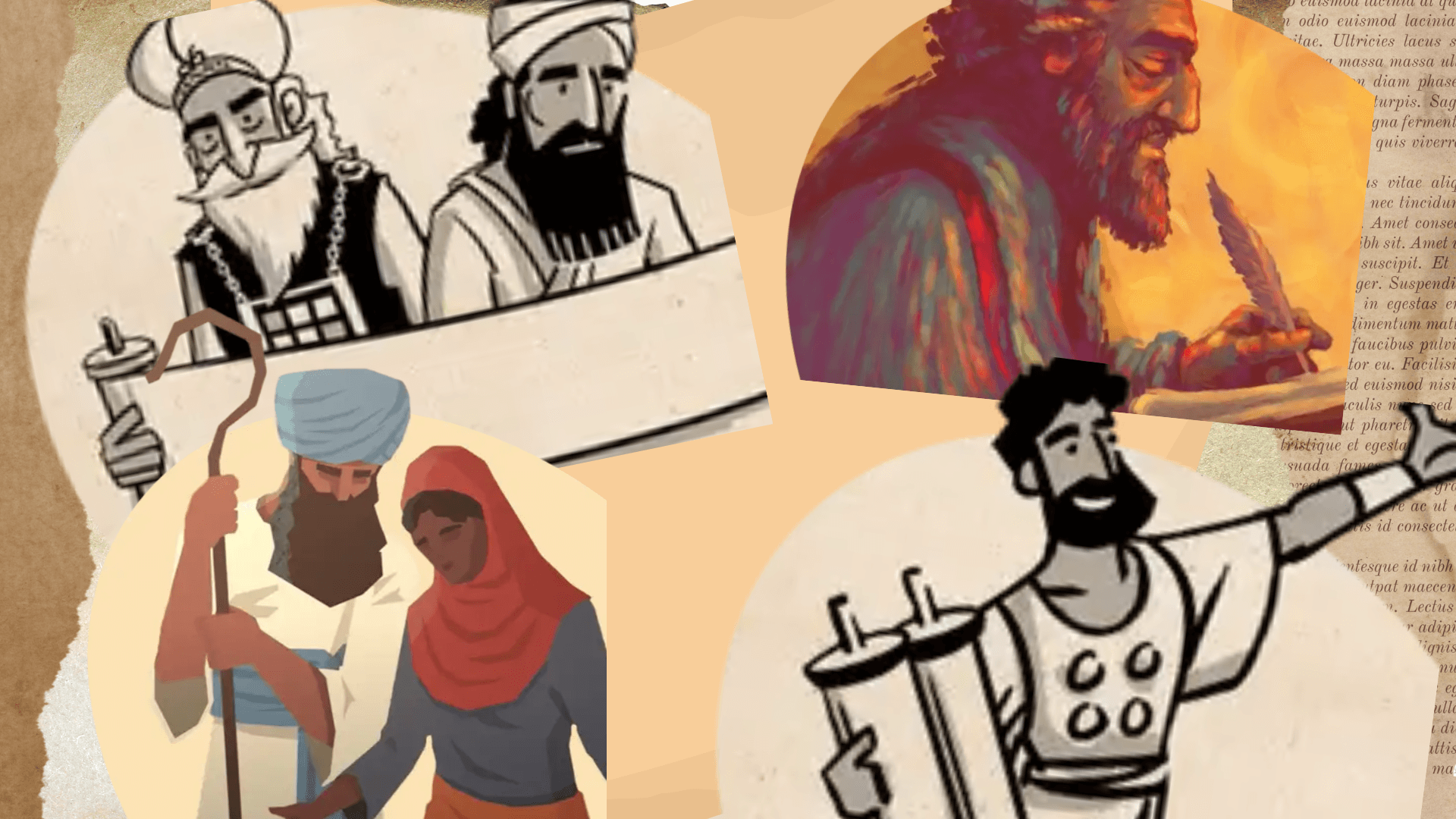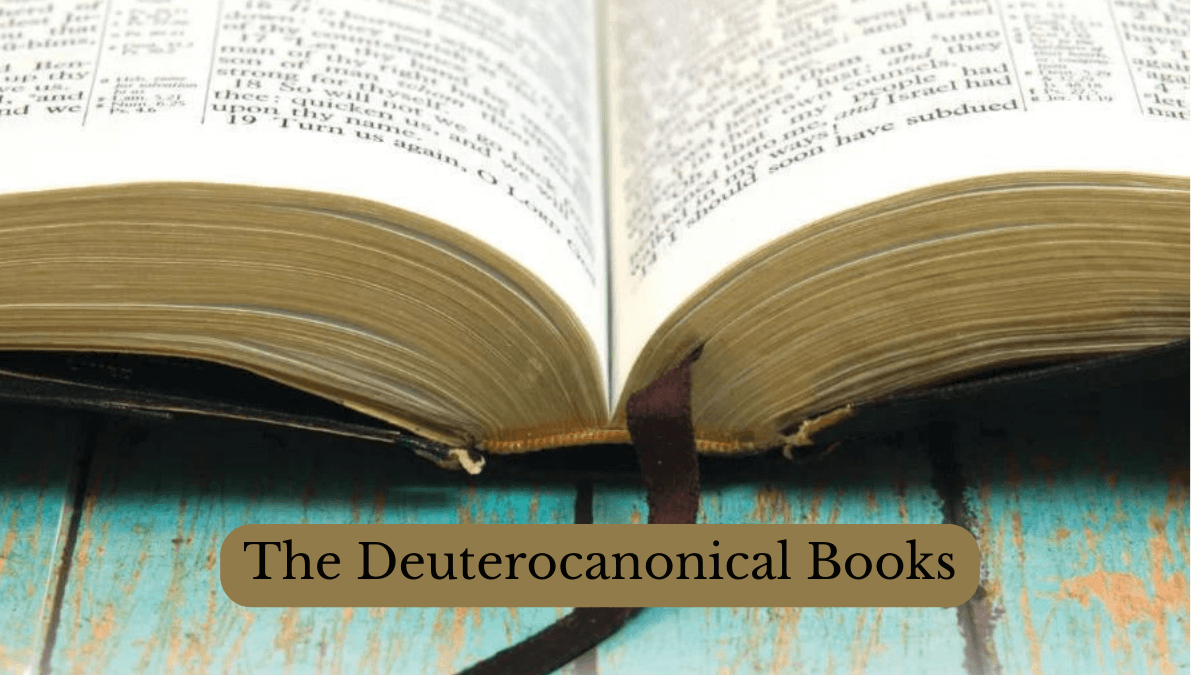Scripture: One Book at a Time
The whole of Sacred Scripture is a single narrative that promises and points to Jesus Christ as Lord and Savior of the World. It is an epic story, the greatest ever told, and told "one book at a time." Each book makes it contribution to the narrative as God reveals God's self to us and his desire that all be saved.

Lesson 40: Deuterocanonical Books
The Deuterocanonical books are a set of books and passages considered canonical by the Catholic Church, the Eastern Orthodox Church, and some other Christian traditions, but are not included in the Hebrew Bible or considered canonical by most Protestant denominations. The term “Deuterocanonical” means “second canon” and indicates that these books were accepted later than the primary canon.
The Deuterocanonical books are:
- Judith
- Tobit
- 1 and 2 Maccabees
- Wisdom (also known as “Wisdom of Solomon”)
- Ecclesiasticus (also known as “Sirach”)
- Baruch
- Additions to Esther (also called “Greek Esther”)
- Additions to Daniel:
- The Prayer of Azariah and Song of the Three Holy Children
- Susanna
- Bel and the Dragon
Sometimes remembered by the acrostic “J.T. MacWeb ED” from the first letter of the books/additions
These books are found in the Septuagint, the Greek translation of the Hebrew Scriptures, and were included in the Latin Vulgate Bible. However, during the Protestant Reformation, most Protestant denominations decided not to include them in their canon, referring to them as “Apocrypha.” The Catholic Church, in response to the Reformation, reaffirmed the canonicity of these books at the Council of Trent in the 16th century.
For those interested in more details about these books, consider reading this Introduction to the Deuterocanonical Books.
For those who would like to explore details of this book, please consider videos from Fr. Mike Schmitz’s “Bible in a Year” program. You can find the entire playlist here.
“Why did the Catholics add seven books to the Old Testament”…. or is the question: “Why did the 16th century Reformers remove seven books from the Old Testament?” Take a moment with Fr George as he explains the history and development of this question.
